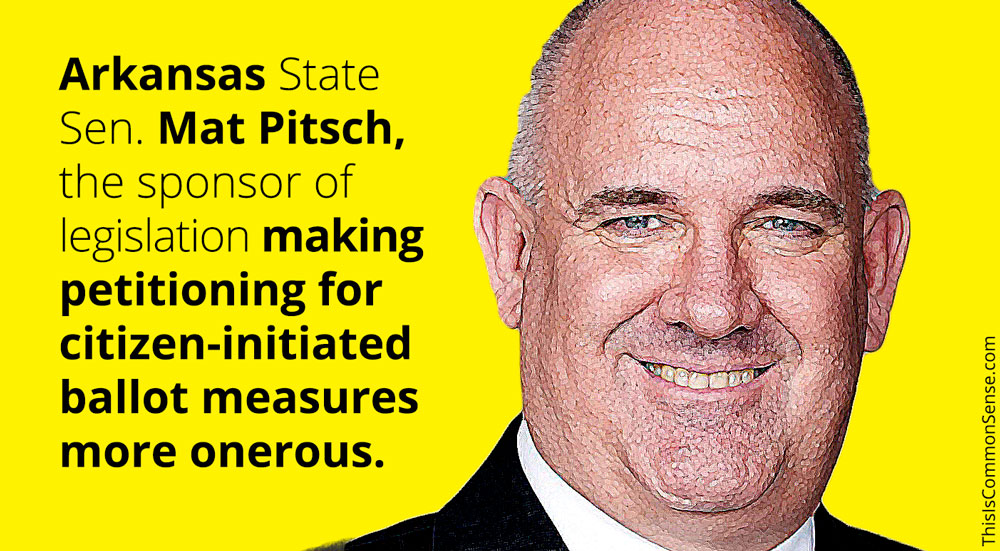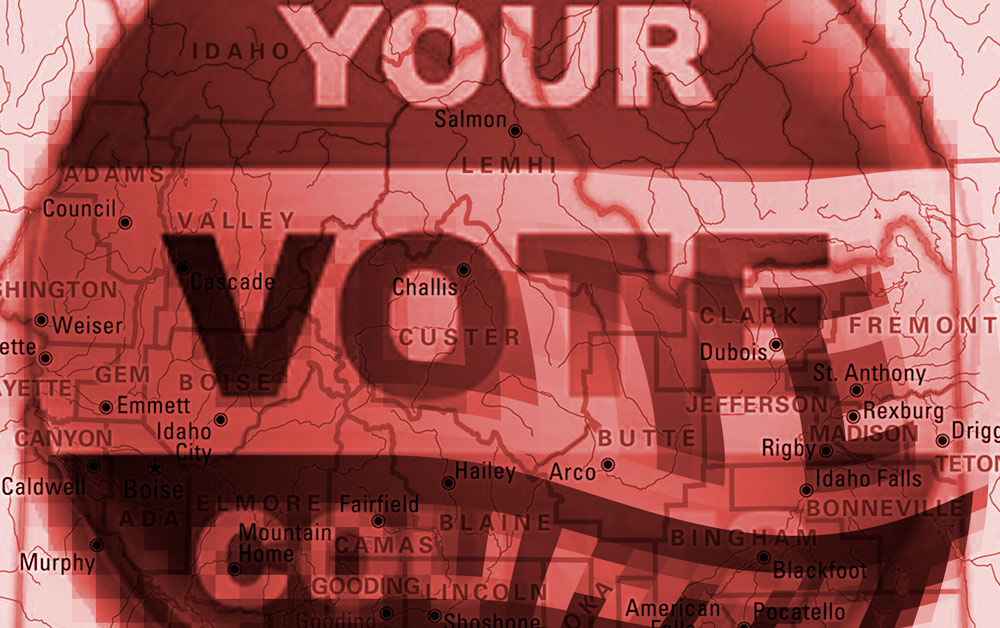Effrontery. Chutzpah. Impudence.
I’m of course talking about partisan politics.
The case at hand is covered by Matthew Petti at Reason, “Are New Jersey Voters Too Dumb for Normal Ballots?” In this April 3rd report, Petti explains that a “federal judge has ordered Democrats in New Jersey to draw up ballots fairly instead of putting their favorite candidates at the front. But state Democratic bosses think that voters can’t be trusted to figure out how to think
This is a dispute about ballot design. Remember the notorious “butterfly” ballots that so confused Palm Beach County, Florida voters in 2000? You know, even Pat Buchanan acknowledged that thousands in the liberal county voted for him by mistake.
Well, this is similar, though here the case is not so much a confusing ballot but a simple ballot with favored candidates getting the easiest-to-spot slots. “All but two of the state’s counties endorse candidates for the primary and then place their endorsed candidates all in one line,” explains NPR’s Nancy Solomon. “It’s called the ‘county line’ or ‘the party line’ and it includes candidates for various positions. . . . The other candidates for the same seat are placed in what’s known as ballot Siberia – way off to the right on the ballot
But when the party machine tried to replace the serially indicted Senator Bob Menendez with the governor’s wife, a challenger complained. And sued. And won.
County clerks are appealing the decision — but the court still requires them to design a new ballot.
“New” . . . meaning like ballots nearly everywhere.
This is Common Sense. I’m Paul Jacob.
Illustration created with PicFinder and Firefly
—
See all recent commentary
(simplified and organized)







